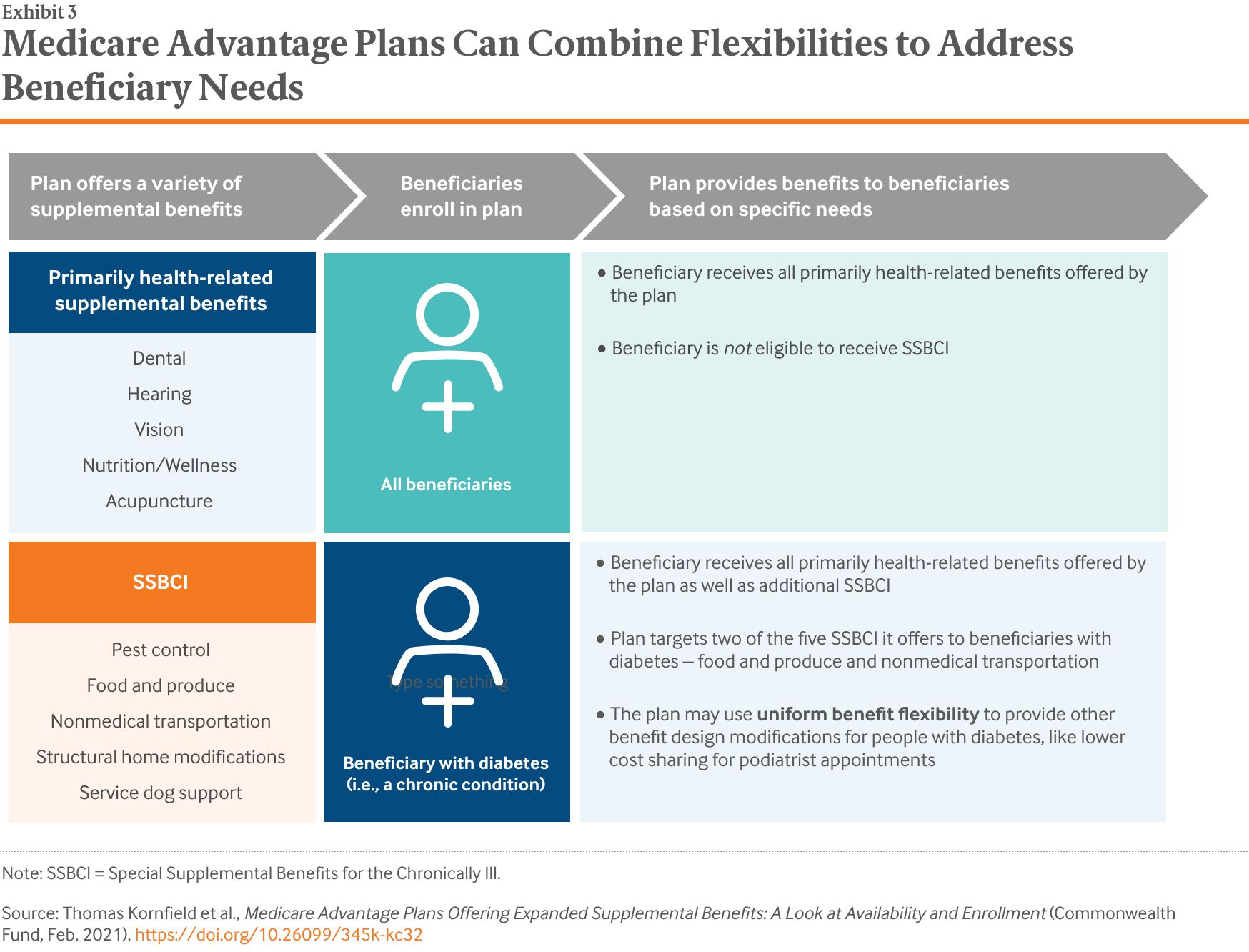Whole life and universal life insurance coverage are both thought about irreversible policies. That means they're designed to last your whole life and will not expire after a particular duration of time as long as required premiums are paid. They both have the potential to collect cash worth in time that you may have the ability to borrow against tax-free, for any reason. Due to the fact that of this function, premiums might be greater than term insurance. Whole life insurance coverage policies have a set premium, suggesting you pay the same quantity each and every year for your protection. Just like universal life insurance, whole life has the possible to collect cash worth gradually, creating a quantity that you may be able to obtain versus.
Depending on your policy's potential cash value, it might be used to avoid a superior payment, or be left alone with the potential to accumulate value gradually. Prospective growth in a universal life policy will differ based upon the specifics of your specific policy, as well as other aspects. When you purchase a policy, the releasing insurance provider develops a minimum interest crediting rate as detailed in your contract. Nevertheless, if the insurance company's portfolio earns more than the minimum rate of interest, the company might credit the excess interest to your policy. This is why universal life policies have the potential to make more than a whole life policy some years, while in others they can make less.
Here's how: Considering that there is a cash value part, you may have the ability to skip exceptional payments as long as the money worth is enough to cover your needed expenses for that month Some policies might permit you to increase or reduce the death benefit to match your particular scenarios ** In most cases you may borrow versus the money value that may have built up in the policy The interest that you might have earned in time accumulates tax-deferred Whole life policies offer you a repaired level premium that won't increase, the prospective to accumulate cash value gradually, and a repaired survivor benefit for the life of the policy.
As a result, universal life insurance coverage premiums are generally lower throughout durations of high rate of interest than whole life insurance coverage premiums, frequently for the very same amount of coverage. Another key difference would be how the interest is paid. While the interest paid on universal life insurance coverage is typically changed monthly, interest on a whole life insurance policy is normally changed each year. This might suggest that during periods of increasing rates of interest, universal life insurance coverage policy holders might see their cash worths increase at a rapid rate compared to those in whole life insurance coverage policies. Some people might choose the set death advantage, level premiums, and the potential for development of a whole life policy.
Although entire and universal life policies have their own special functions and benefits, they both focus on offering your liked ones with the cash they'll require when you pass away. By dealing with a qualified life insurance coverage representative or business representative, you'll have the ability to choose the policy that finest fulfills your specific needs, budget, and monetary goals. You can likewise get afree online term life quote now. * Provided required premium payments are prompt made. ** Increases may be subject to additional underwriting. WEB.1468 (How to become an insurance agent). 05.15.
Unknown Facts About How Much Does Home Insurance Cost
You do not have to guess if you should enlist in a universal life policy due to the fact that here you can find out everything about universal life insurance coverage advantages and disadvantages. It's like getting a sneak peek prior to you buy so you can choose if it's the ideal type of life insurance for you. Read on to find out the ups and downs of how universal life premium payments, money worth, and death benefit works. Universal life is an adjustable kind of permanent life insurance coverage that permits you to make changes to 2 main parts of the policy: the premium and the death advantage, which in turn impacts the policy's money value.

Below are a few of the total advantages and disadvantages of universal life insurance. Pros Cons Created to use more flexibility than entire life Does not have actually the guaranteed level premium that's readily available with whole life Cash worth grows at a variable rate of interest, which might yield greater returns Variable rates likewise mean that the interest on the cash worth might be low More chance to increase the policy's money worth A policy normally requires to have a positive money value to stay active One of the most appealing functions of universal life insurance is the capability to pick when and just how much premium you pay, as long as payments meet the minimum quantity required to keep the policy active and the Internal Revenue Service life insurance standards on the optimum quantity of excess premium payments you can make (How does cobra insurance work).

However with this versatility likewise comes some disadvantages. Let's discuss universal life insurance pros and cons when it pertains to altering how you pay premiums. Unlike other types of permanent life policies, universal life can adjust to fit your financial requirements when your cash flow is up or when your spending plan is tight. You can: Pay higher premiums more regularly than required Pay less premiums less typically or even skip payments Pay premiums out-of-pocket or utilize the cash worth to pay premiums Paying the minimum premium, less than the target premium, or skipping payments will adversely impact the policy's money worth.